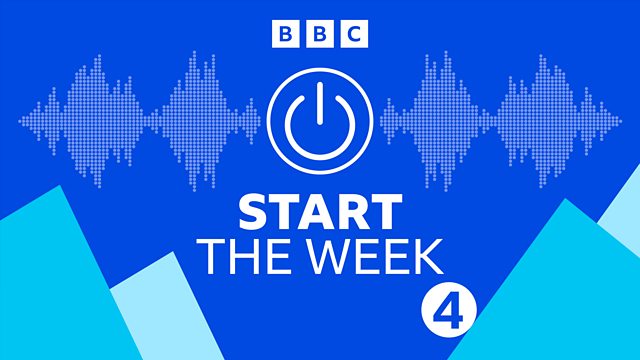
25/06/2007
Andrew Marr and guests set the cultural agenda for the week.
Sixty years ago a young Russian tank commander invented the AK47, a weapon that was to become synonymous with wars and uprisings from Palestine to South America, from Uganda to Indonesia. Simple enough to be used by a child, it has terrorised civilian populations and become an icon of fear. In his new book, AK47: The Story of the People’s Gun, MICHAEL HODGES describes the history of this weapon that was designed to protect the Russian people from their enemies but was quickly turned against them. Its inventor says he wishes he had invented a lawnmower instead. There are now thought to be more than 70 million AK47s in the world. AK47: The Story of the People’s Gun is published by Sceptre.
When we think of globalisation, we tend to think of it happening somewhere else, by someone else. That’s the view of Open University Professor DOREEN MASSEY in her new book, World City. She argues that London drives globalisation – rather than being a passive victim of it -and says that London needs a new kind of outward-looking politics that accepts that the local now is global. World City is published by Polity Press.
The Dutch government’s commitment to multiculturalism has been exceptional. It has funded separate schools, housing projects, broadcast media and community organizations for Muslim immigrants, all under the umbrella of multiculturalism. But the reality of terrorism and radicalization of Muslim immigrants has shattered that dream. In 2004, Dutch filmmaker Theo van Gogh was brutally murdered on a busy Amsterdam street. His killer was a young Dutch Moroccan offended by a controversial film about Muslim suppression of women. In his new book, When Ways of Life Collide, PAUL SNIDERMAN argues that if you make the difference between one group and another the focal point of public policy, you increase the sense that each feels different from the other. He says that the Dutch emphasis on multiculturalism has encouraged exclusion rather than inclusion and politicians have misunderstood the very nature of a liberal society. Paul is giving a lecture at Chatham House on 28 June at 5.30pm entitled Europe after 50: Muslim immigrants and the strains of multiculturalism and he is also giving a talk at the RSA entitled When Ways of Life Collide: Multiculturalism and its Discontents on 29 June at 1.00pm. When Ways of Life Collide: Multiculturalism and its Discontents in the Netherlands is co-written with Louk Hagendoorn and published by Princeton University Press.
The 17th Century saw a flowering of Dutch culture and nowhere was this more apparent than in portrait painting. With the emergence of a new middle class of wealthy merchants, portraits became a key way of demonstrating their new-found status. BETSY WIESEMAN is curator of a new exhibition of Dutch portraits opening at the National Gallery in London and talks about the highlights, including works by Rembrandt and Frans Hals. Dutch Portraits: The Age of Rembrandt and Frans Hals runs from 27 June to 16 September.
Last on
Broadcasts
- Mon 25 Jun 2007 09:00����ý Radio 4
- Mon 25 Jun 2007 21:30����ý Radio 4
Podcast
-
![]()
Start the Week
Weekly discussion programme, setting the cultural agenda every Monday

